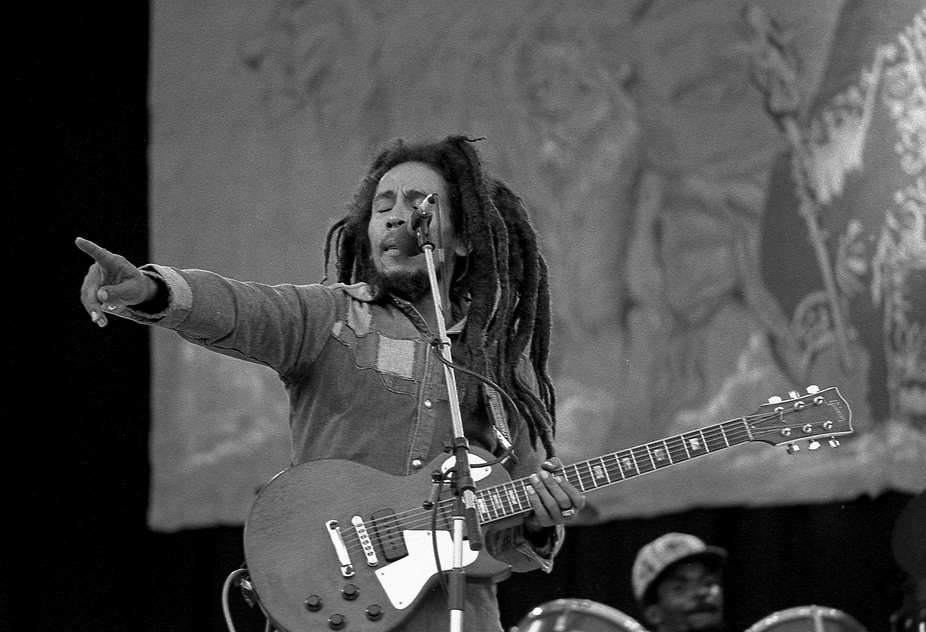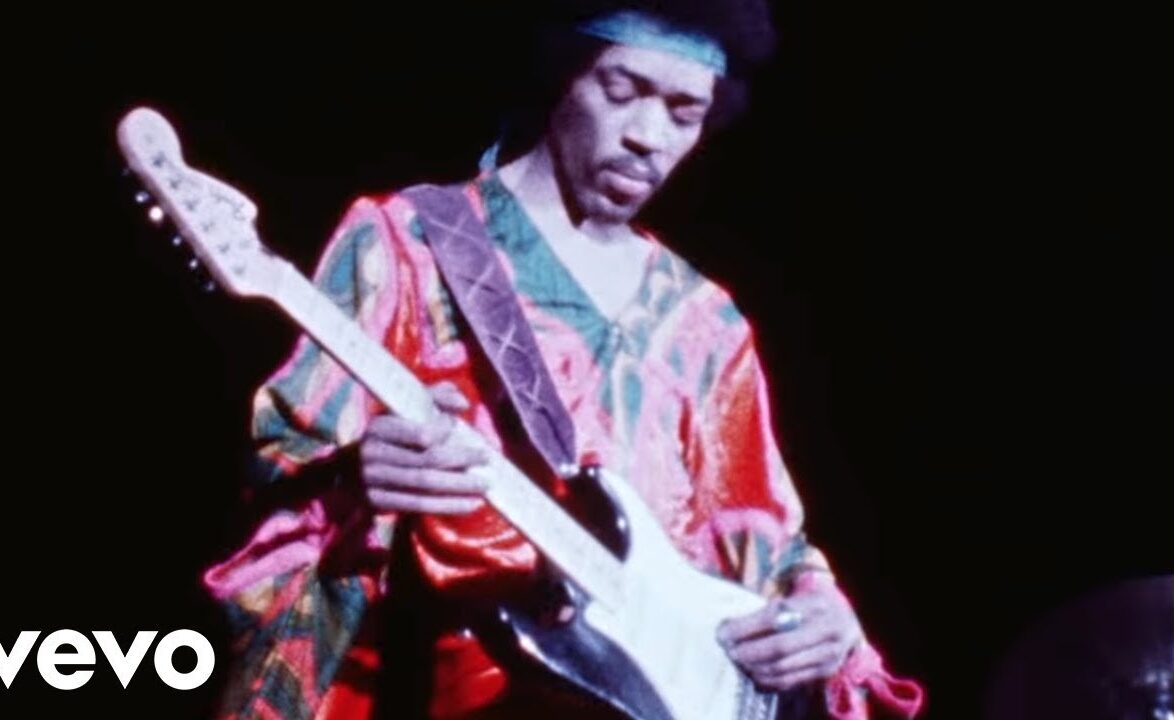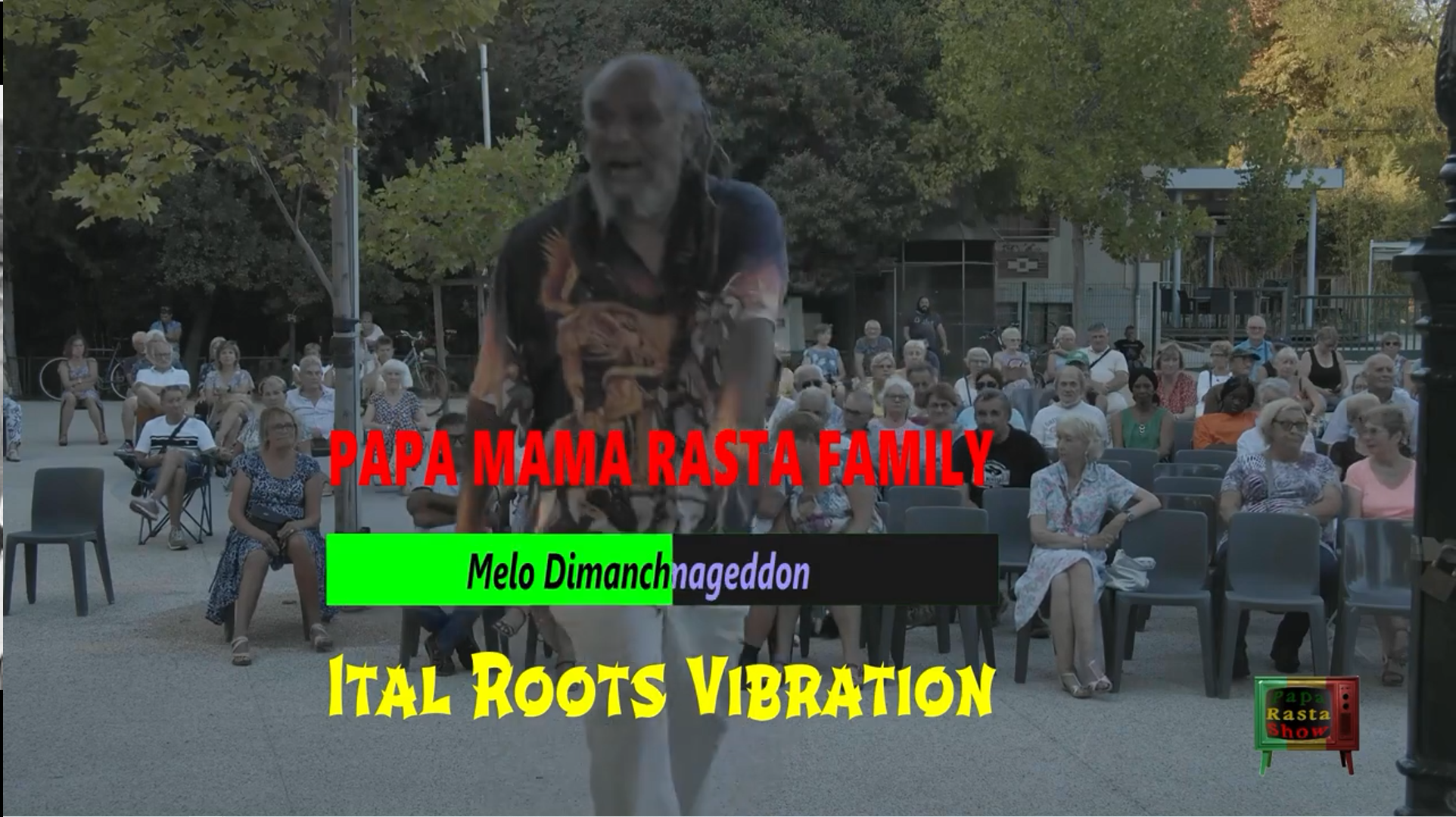Table of Contents
Reggae music has a rich and vibrant history that has captivated audiences around the world for decades· From its roots in Jamaica to its influence on global music culture, reggae has a unique and powerful sound that continues to resonate with listeners of all ages· In this article, we will explore the history of reggae through a brief timeline of reggae music that highlights key moments and milestones in the evolution of this iconic genre.
Brief Timeline of Reggae Music Chart
Here is a brief timeline of reggae music chart that highlights some key moments in the history of reggae:
- 1960s: The emergence of reggae as a distinct genre, influenced by ska and rocksteady·
- 1968: Toots and the Maytals release “Do the Reggay,” considered the first reggae song·
- 1970s: Bob Marley and The Wailers bring reggae to international prominence·
- 1980s: Dancehall music emerges as a new style within the reggae genre·
- 1990s: Reggae fusion becomes popular, blending reggae with hip-hop, R&B, and other genres·
- 2000s: Reggae continues to evolve, with artists like Damian Marley and Chronixx carrying on the legacy of their predecessors·
The Emergence of Reggae: A Brief Overview
Reggae music emerged in the late 1960s in Jamaica, evolving from earlier styles such as ska and rocksteady· Its rhythmic patterns, characterized by offbeat accents and syncopated rhythms, reflected the social and political climate of the time, providing a voice for the marginalized and oppressed.
What was the First Reggae Song?
The first reggae song is widely considered to be “Do the Reggay” by Toots and the Maytals. This groundbreaking track, released in 1968, helped to define the reggae sound with its infectious rhythms, soulful vocals, and socially conscious lyrics· “Do the Reggay” laid the foundation for what would become a global musical phenomenon, inspiring countless artists and fans around the world·
Which Musician Helped Popularize Reggae?
One of the most influential musicians in the popularization of reggae was Bob Marley· With his band, The Wailers, Marley introduced reggae to a worldwide audience in the 1970s, blending elements of ska, rocksteady, and R&B to create a sound that was both rootsy and revolutionary. Songs like “No Woman, No Cry” and “One Love” became anthems for unity and liberation, cementing Marley’s status as a reggae legend.
Dancehall and Reggae Fusion Evolution
During the 1980s, a fresh wave emerged within the reggae scene known as dancehall music· This variant featured a quicker tempo and incorporated digital instrumentation, setting it apart from its predecessors· Artists such as Shabba Ranks and Yellowman played pivotal roles in propelling this dynamic sound to the forefront, capturing the attention of audiences worldwide· As the years progressed, the genre continued to evolve, paving the way for the emergence of reggae fusion in the 1990s· This innovative blend combined reggae with elements of hip-hop, R&B, and various other genres, resulting in a captivating and contemporary musical fusion.
Legacy and Continuation
Reggae music continues to evolve and thrive in the 21st century, with artists like Damian Marley and Chronixx carrying on the legacy of their predecessors· From its humble beginnings in the streets of Kingston to its global reach today, reggae remains a symbol of resilience, unity, and social justice, inspiring listeners around the world to groove to its infectious rhythms and powerful messages.
Conclusion
The history of reggae is a vibrant tapestry of sound, fashion, culture, and activism that has left an indelible mark on the world of music. From its humble beginnings in Jamaica to its global reach today, reggae continues to inspire and uplift listeners of all backgrounds. So next time you listen to a reggae song, take a moment to appreciate the rich history and legacy behind the music – you just might find yourself grooving to the beat in a whole new way.
Be sure to check out Rastafarian clothing from Fifth Degree!







Leave a comment
Your email address will not be published. Required fields are marked *